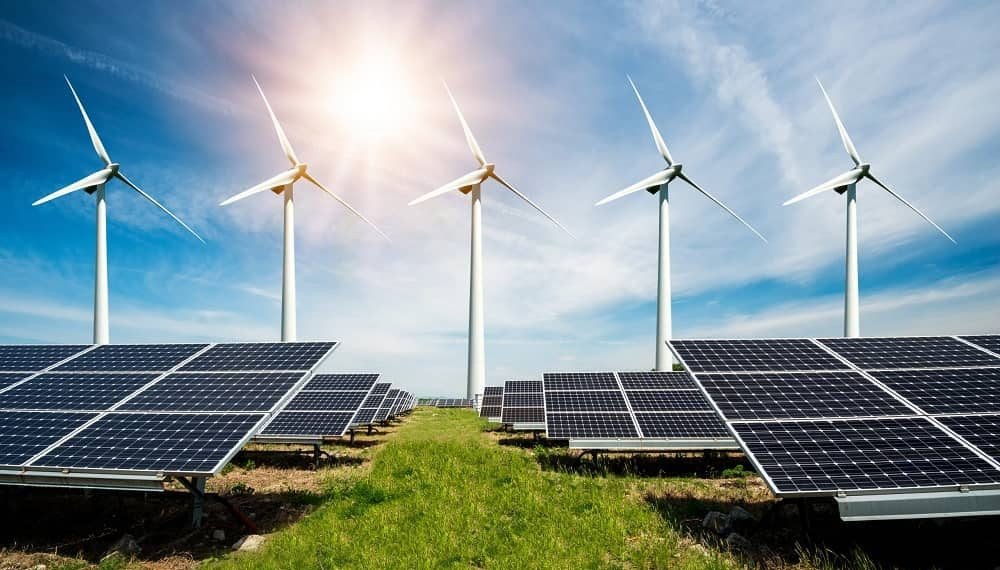Unlocking Potential: Specialised Energy Solutions for Rural Areas

Rural areas often face challenges when it comes to accessing reliable and affordable energy solutions. Limited infrastructure and resources make it difficult for residents in these areas to enjoy the same benefits as those in urban areas. However, specialised energy solutions tailored to the specific needs of rural communities can help unlock their potential and improve their quality of life.
One of the key factors to consider when providing energy solutions for rural areas is the source of power. MelWest Eco Energy sources such as solar, wind, and hydro power can be highly effective in rural settings. These sources are abundant and can be harnessed to provide a reliable source of energy without relying on traditional fossil fuels. By tapping into these renewable resources, rural communities can reduce their carbon footprint and lower their energy costs.
Solar power, in particular, has emerged as a popular solution for rural areas. With advancements in technology, solar panels have become more affordable and efficient, making them a viable option for powering homes, schools, hospitals, and businesses in remote locations. Solar energy is also highly versatile and can be easily integrated into existing infrastructure, providing a sustainable and reliable source of power for rural communities.
Wind power is another renewable energy source that holds great potential for rural areas. Wind turbines can be installed in open spaces to harness the power of the wind and generate electricity. This energy can then be stored in batteries or connected to the grid for use in homes and businesses. Wind power is a clean and abundant source of energy that can help rural communities reduce their dependence on fossil fuels and improve their energy security.
Hydro power is another energy solution that can benefit rural areas with access to rivers or streams. Small-scale hydroelectric systems can be installed to generate electricity by harnessing the energy of flowing water. These systems are highly efficient and reliable, providing a constant source of power for rural communities. Hydro power is also a sustainable energy option that can help reduce greenhouse gas emissions and protect the environment.
In addition to renewable energy sources, energy efficiency measures can also play a significant role in providing specialised energy solutions for rural areas. By implementing energy-saving technologies and practices, rural communities can reduce their energy consumption and lower their utility bills. Energy-efficient appliances, LED lighting, and insulation can all help improve energy efficiency and make energy more affordable for residents in rural areas.
Microgrids are another innovative solution that can benefit rural communities by providing a self-contained energy system that can operate independently from the main grid. Microgrids can integrate renewable energy sources, energy storage, and smart grid technologies to provide a reliable and resilient source of power for rural areas. These systems can help improve energy access, reliability, and affordability for residents in remote locations.
Community-owned energy projects are also gaining popularity as a way to empower rural communities and provide them with a stake in their energy future. By investing in local energy projects, residents can benefit from lower energy costs, job creation, and economic development. Community-owned energy projects can also help build resilience and self-reliance in rural areas, ensuring that residents have a secure source of power even in times of crisis.
Overall, specialised energy solutions tailored to the unique needs of rural areas can help unlock their potential and improve the quality of life for residents. By harnessing renewable energy sources, implementing energy efficiency measures, and investing in innovative technologies, rural communities can create a sustainable and resilient energy system that meets their needs and supports their development. With the right energy solutions in place, rural areas can thrive and prosper, contributing to a more sustainable and equitable future for all.
